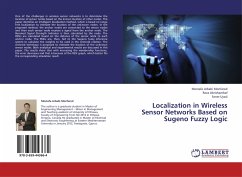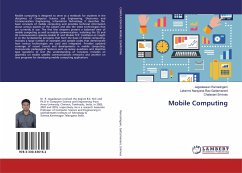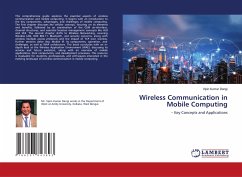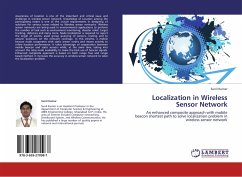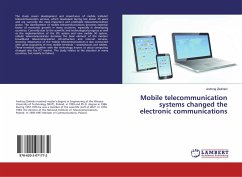Localization of mobile phones brings opportunities for example in crime prevention or rescue operations. However, it also has the capacity to intrude the user's privacy, especially in conjunction with data retention (Vorratsdatenspeicherung). This work exploits the possibility to locate mobile phones based on their received signal strength of surrounding stations. It introduces a particular passive localization method. A detailed description about the theory and functionality is presented and an estimation of its accuracy is shown based on experiments. As the introduced localization is done on the network side - and not by the mobile phone -, a user is not able to detect if his location was calculated. The localization depends only on informations already available to a mobile telephony network. Thus, not only currently active connections are locatable but also locations where past phone calls originated. The result cannot be of arbitrary precision because uncertainties arise by signal strength measurements. The developed model on which the localization depends, considers these uncertainties. It is based on data gained by presented experiments and measurements. The model and its accuracy is discussed in this work.
Bitte wählen Sie Ihr Anliegen aus.
Rechnungen
Retourenschein anfordern
Bestellstatus
Storno



